Major Research Grant projects
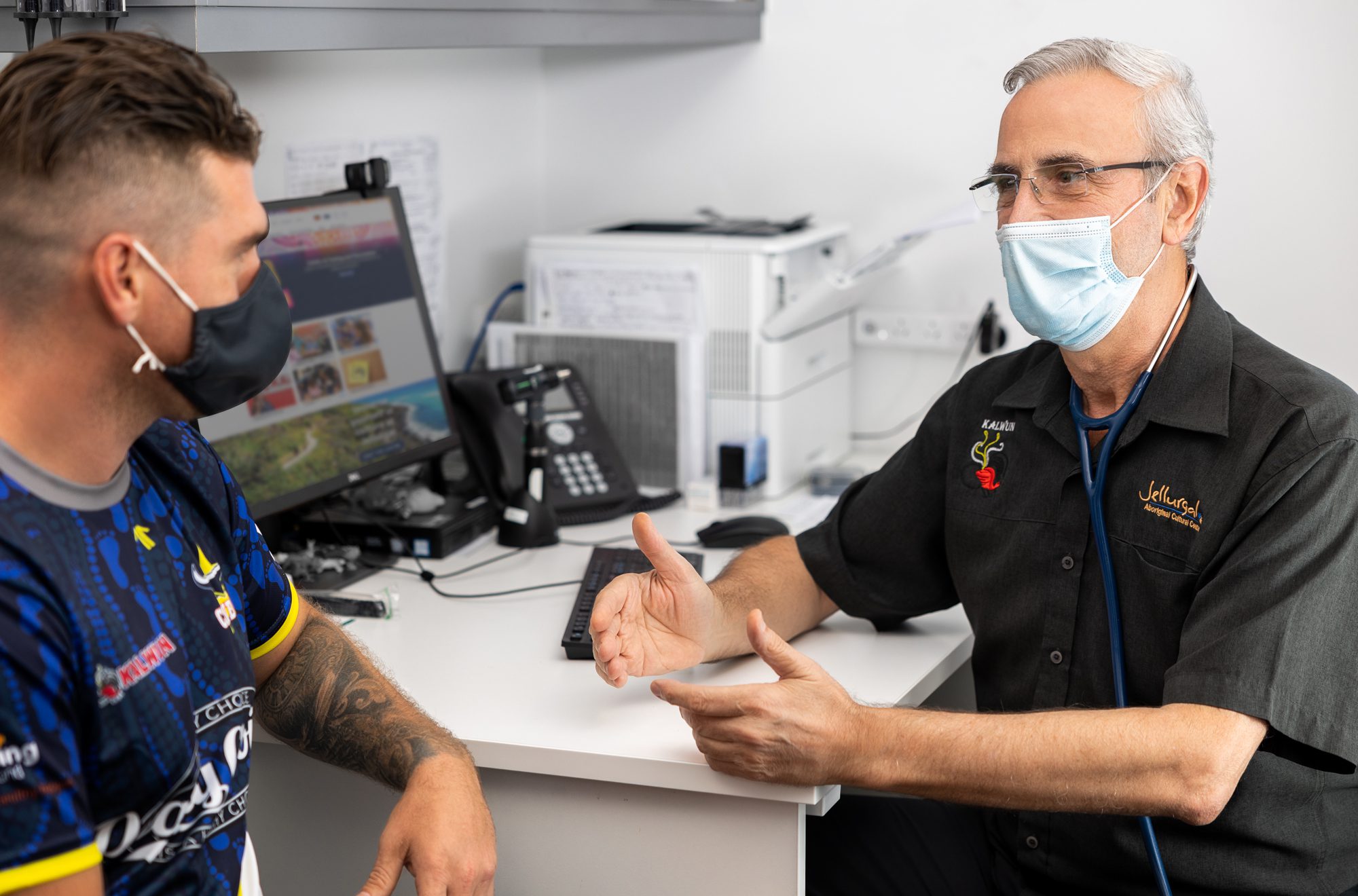
Lowitja Institute research commissioning aims to empower Aboriginal and Torres Strait Islander communities and organisations to transform their ideas into aspirations that meet the needs of Aboriginal and Torres Strait Islander peoples, and improve health and wellbeing outcomes within a generation.
Lowitja Institute provides Major Research Grants for Aboriginal and Torres Strait Islander community controlled organisations only. We support Aboriginal and Torres Strait Islander community controlled organisations with Seeding Grant and Major Research Grant funding to do research that is led by and for Aboriginal and Torres Strait Islander peoples.
Information about the latest Major Research Grant funding round
Current projects
Below is a list of the nine projects funded in the 2024-26 funding round. For previous research projects, see Research projects
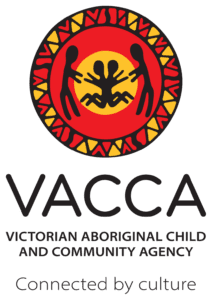
Understanding how Aboriginal community controlled organisations (ACCOs) are enacting new statutory authority in child welfare decision making: An initial process evaluation of the Community Protecting Boorais Program
VACCA has led the work on transforming the Victorian child welfare system from a state-led system to an Aboriginal Community of Care model centred on culture,…
View research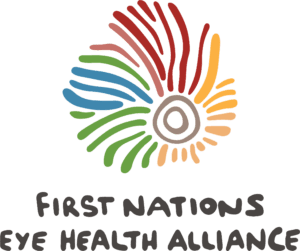
Ngaaminya Project: A First Nations-led project mapping Aboriginal and Torres Strait Islander community expectations of good eye health for children
Vision loss has substantial implications on the health, lives and economies of affected individuals (Burton et al. 2021) The life course impacts of preventable vision…
View research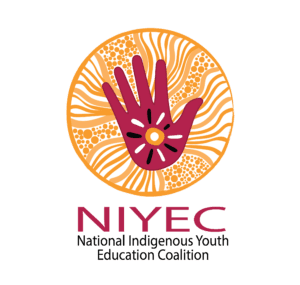
Understanding and Resisting School Exclusion through the Education Justice Lab
The Education Justice Lab (EJL) is a program aimed at backing Aboriginal and Torres Strait Islander youth to address school exclusion utilising Youth Participatory Action Research (YPAR)…
View research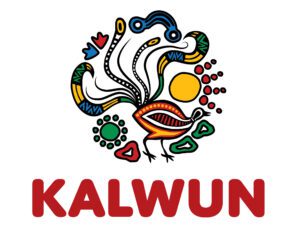
Actioning Indigenous Data Sovereignty: Aboriginal and Torres Strait Islander consent and data sharing priorities to guide community-controlled health service best practice
Aboriginal and Torres Strait Islander people have the right to access culturally safe information and health and wellbeing services to empower their participation in informed…
View research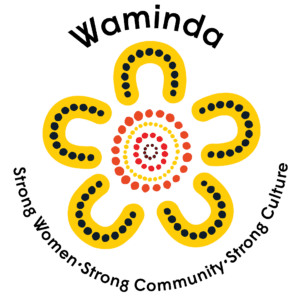
Mob caring for Mob: Establishing educational pathways to midwifery for Aboriginal women to support the upscaling of Birthing on Country services
This project aims to decolonise and strengthen the maternity care workforce by improving the choices and pathways for Aboriginal women into tertiary education necessary for employment in…
View research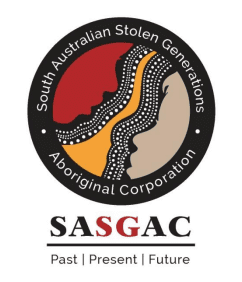
Exploring the health and wellbeing needs of Stolen Generations and their descendants in South Australia
This project is being led by Aboriginal people who are either Stolen Generation or descendants of Stolen Generations. This project is a foundational piece of research…
View research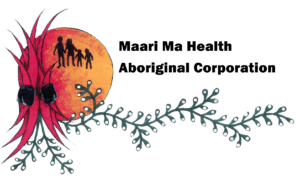
Prevention, early detection and management of iron deficiency in children under 5 years at an ACCHO in far-western NSW
Iron deficiency is the most common cause of anaemia in children. Iron deficiency anaemia is associated with developmental delay and irreversible cognitive deficits. Studies suggest children…
View research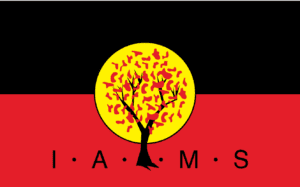
Evaluating the pilot Healthy Deadly Kids Program designed by the Illawarra Aboriginal Medical Service
This project evaluates the pilot of the Illawarra Aboriginal Medical Service’s (IAMS) Healthy Deadly Kids (HDK) program, a culturally safe school-based health education initiative designed…
View research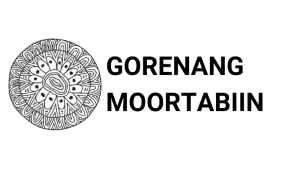
Maaman Waankiny Wur Walbriny
The Maaman Waankiny Wur Walbriny (Men Talking and Healing) Project seeks to undertake a feasibility study into how cultural healing activities such as on Country supports…
View research
